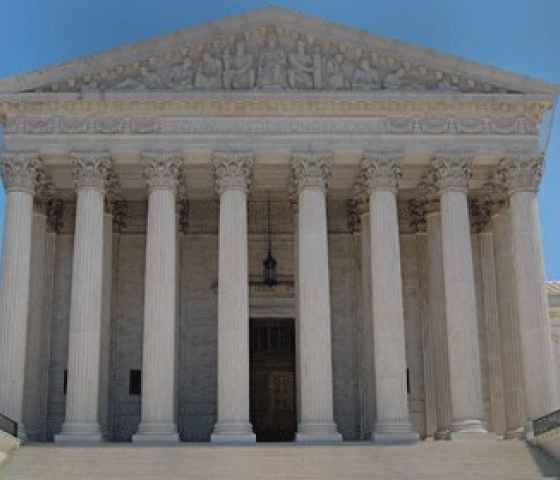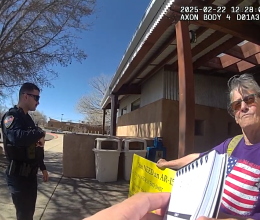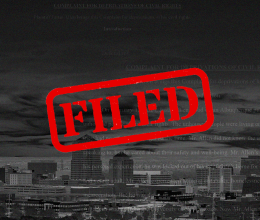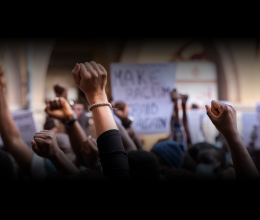Most people know the American Civil Liberties Union as one of the oldest and fiercest defenders of religious liberty in the nation. However, Steve Smothermon, the pastor of Legacy Church in Albuquerque, was recently quoted in the Journal accusing the ACLU of attacking his religious beliefs. If Smothermon examined the situation more closely, he’d see that the ACLU’s concerns have nothing to do with his faith, but with defending the freedom of all people to practice their faith – or no faith at all – without governmental interference.
In recent years, the ACLU:
- Joined forces with the American Family Association, filing a lawsuit that freed a Christian preacher, who was jailed for 109 days for street preaching in Portales;
- Defended the right of evangelical Christians to preach on the sidewalks of the Strip in Las Vegas, Nev.;
- Intervened on behalf of a group of Massachusetts high school students who were suspended for distributing candy canes and a religious message at school;
- Opposed a Texas high school’s policy prohibiting students from wearing visible crosses and rosaries.
And the list goes on. The ACLU has filed hundreds of lawsuits to protect Americans’ First Amendment right to freely exercise their religion. But the Free Exercise Clause is only half of the First Amendment’s protection of religious freedom. The ACLU is also proud of its work defending the rights of everyone by ensuring that the Establishment Clause is fully respected. It was this work that Smothermon objected to so strongly, namely the ACLU’s opposition to the Bernalillo County Sheriff’s Office using Legacy Church as a venue for its new deputies’ graduation ceremony.
Doubtless Smothermon offered the use of Legacy’s facilities in a spirit of service to the community, but Sheriff Dan Houston should have thanked him and declined. The community is not served when the county’s top cop conducts state business in a house of worship and compels his subordinates to attend.
Article II, § 11 of the New Mexico Constitution provides that “No person shall be required to attend any place of worship …” Forcing public servants to attend their own graduation ceremony in a place of worship is not just wrong, it’s against the cherished principles of religious freedom that undergird our nation and our state.
Some of the more callous observers of this controversy have said that the church is “just another building.” But places of worship are more than just buildings; they are emblematic of and associated with the beliefs espoused by the faith community and its leaders.
Should gay deputies and deputies with gay family members be forced to graduate on the same stage that hosted Scott Lively, an advocate for the criminalization of homosexuality and the author of “The Pink Swastika,” which asserts that “homosexuals the true inventors of Nazism and the guiding force behind many Nazi atrocities?” Should Catholic deputies be forced to graduate in a church where the head pastor preaches that the rosary is “vain and repetitious” and declares that “God is not impressed with such empty and meaningless prayers”?
When Houston held the graduation at Legacy Church (his own church) rather than in one of the many available public facilities, he sent a message to the community that BCSO favors Legacy’s set of beliefs over all others. The government should not be in the business of deciding which religious beliefs are right, wrong or preferred.
Although Smothermon said he has no regard for the ACLU, the ACLU still has regard for him – just as we have regard for the rights of every American. While we might always not see eye to eye, we would be proud to defend Smothermon and Legacy Church should the government ever interfere with their right to pray, worship and believe as they see fit. But we are equally proud to stand up to the government when it involves Legacy Church in an unconstitutional endorsement of religion. Because that’s what the ACLU does – we defend religious freedom for everyone.
This article was published in the Opinion section of the Monday, December 26, 2011 issue of the Albuquerque Journal.








